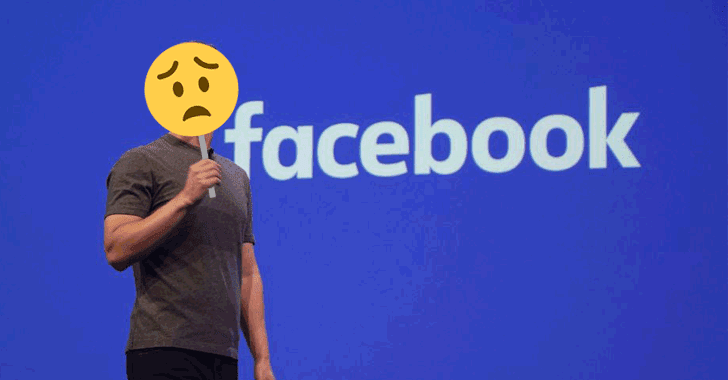Ever since the Cambridge Analytica Facebook scandal exploded more than a few months ago, billions of Facebook users all over the world get worried about the privacy of their sensitive, personal data. Many users expressed their woes regarding their private information being hacked and used by third parties.
While Mark Zuckerberg's team ensured the public that their customer's information is now secured, the recent New York Times report revealed that most phone device makers have access to sensitive data of you and your friends like their political affiliation, relationship status, and religion.
The Deal
Facebook confirmed that it entered into data-sharing agreements with over 60 companies and device makers, which are still in effect as of this writing. Many giant companies such as Amazon, Samsung, and Apple partnered with Facebook for the past decade.
The said agreement grants the device makers to access the data of a particular user's friends, even after Facebook reiterated that they would not share such sensitive data to the public.

the issue of data sharing was first reported as early as 2012, according to the New York Times
The Former Head for Facebook's Privacy Compliance, Sandy Parakilas stated that data-sharing issue was flagged as an internal privacy issue before.
She thought Facebook had long disabled or omitted the data-sharing feature. So it's shocking for her to discover that this practice still continues six years later, contradicting Zuckerberg's testimony that all friends permission has been disabled during his testimony to the Congress.
The CA Scandal
Last April 10, Facebook's CEO Mark Zuckerberg appeared in a rare US Senate joint committee in response to their subpoena to tackle the Cambridge Analytica Scandal that jeopardized more than 87 million users' accounts and data worldwide. The said data was allegedly used to influence the US 2016 Elections that led to the victory of President Donald Trump.
The loss of trust from some of its investors and users triggered Facebook's stocks to plummet in light of the CA data breach issue. Despite the giant social media network's assurance that they already cut their ties with CA and took their Facebook page down when they discovered their true purpose of collecting data. Facebook also denied the data was used to influence Trump's campaign.
The Senate summoned Mark to confirm whether the other 2 billion users may have had their sensitive information skimmed by these "malicious actors.” In the year 2014, Zuckerberg claimed that Facebook had started revoking the app developer's access rights to user friend's data like their names, birthdays, religious or political inclination. However, they admitted the device makers still had access to the data.
Facebook's Defense
Facebook released a statement in response to the said report and denies that any information belonging to a user's set of friends were shared without the users' explicit consent. The company's vice president for product partnership, Ime Archibong, published a blog post responding to NYT's report. He stated that granting these devices to access Facebook were made as a feature before the emergence of standard operating systems and app stores.

Archibong also said that the rise of Android and iOS usage meant that few people are now using the bespoken Facebook experiences, which lead the company to end such agreements last April 22.
Furthermore, he claimed that such access to data was only intended to improve "Facebook-like experiences". Contrary to what the New York Times claimed, he stated that device makers cannot, in any way, access the users' sensitive data, photos, and even location.
Unless these Facebook users specifically granted their devices and the access rights. So far, Facebook hasn't noted any hints of abuse or privacy invasion committed by these companies, Archibong said.
